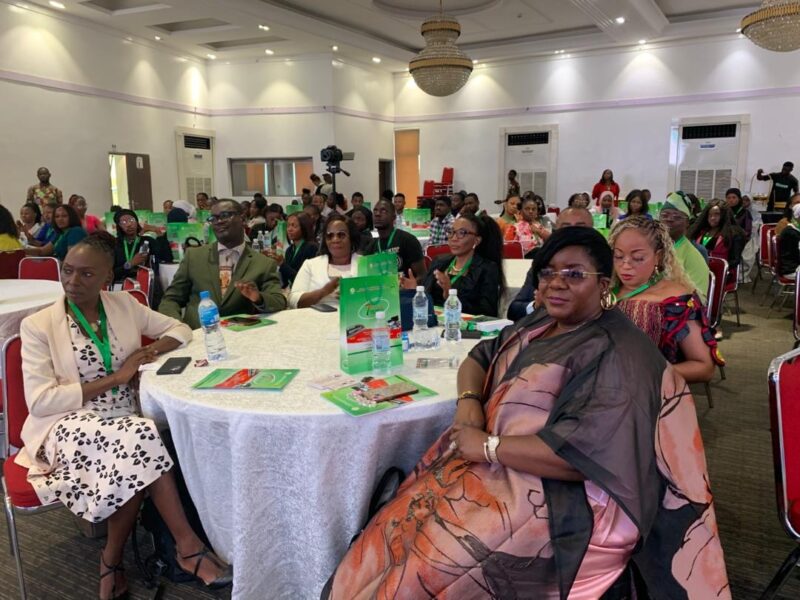By Bushrah Akande and Kemi Akintokun
Health experts on Thursday urged government at all levels to prioritise prevention, embrace data-driven research, and create a coordinated national response to tackle non-communicable diseases.
The call was made at the opening of the 7th Annual International Conference of the Nigerian Association of Foreign Trained Pharmacists (NAFTRAPH) held in Lagos.
Dr Nelson Aluya, Chief Executive Officer of Eralmed Medical Group and keynote speaker, said non-communicable diseases pose a major threat to Nigeria’s health system.
The News Agency of Nigeria (NAN) reports that the theme of the three-day conference is ‘Non-Communicable Diseases in a Post-Pandemic World: Nigeria’s Perspective and How to Mitigate Disease Ramifications.’
Aluya, an Assistant Professor of Medicine at Rutgers New Jersey Medical School, U.S., described non-communicable diseases, especially diabetes, as “the pandemic before the pandemic.”
He called for greater collaboration between government, the private sector, and the diaspora community to strengthen Nigeria’s healthcare capacity.
Aluya also urged the Federal Government to invest in technology through a national electronic medical record system to reduce medication errors.
“If a doctor in Abuja prescribes a drug, a doctor in Lagos should be able to see it. That’s how to build an efficient health system,” he said.
He encouraged Nigerians to adopt healthier lifestyles to reduce obesity, which he described as a major driver of non-communicable diseases.
“As our socioeconomic status improves, we are living more like those abroad, with less physical activity, leading to rising hypertension and diabetes,” he said.
Aluya noted that the prevalence of non-communicable diseases in Nigeria has risen by about 20 to 32 per cent in recent years, largely due to changing lifestyles.
Earlier, NAFTRAPH president, Dr John Ejezie, said the conference was designed to foster collaboration among healthcare professionals at home and abroad.
Ejezie stressed that addressing chronic diseases requires a unified approach involving doctors, pharmacists, nurses, and public health practitioners.
He said community pharmacists play a key role in early detection and management of chronic illnesses as they are often patients’ first point of contact.
“Pharmacists are accessible and trusted. They can detect symptoms early, provide counselling, and refer severe cases for further treatment,” he said.
Ejezie reaffirmed the association’s commitment to improving public health through training, research, and global collaboration.
He disclosed that NAFTRAPH’s partnership with the Africa Diaspora Corporation would expand cooperation on health innovation and data-driven research.
Also speaking, Dr Violet Bumah of Stephen Austin State University, Texas, stressed the importance of preventive healthcare and lifestyle discipline.
She advised Nigerians to embrace traditional diets and avoid excessive processed foods, which she linked to the growing burden of chronic diseases.
“Our ancestors lived longer because they ate organic food, stayed active, and maintained balanced lifestyles. We should be civilised, not westernised,” she said. (NAN)
Edited by Kamal Tayo Oropo
Published By
- Agriculture and Environment Desk Controller/Website Content Manager.








